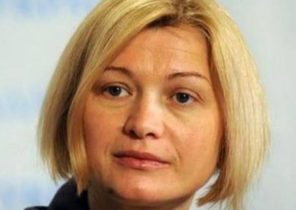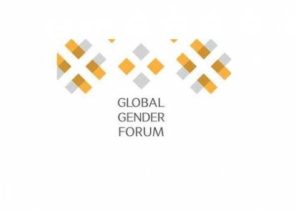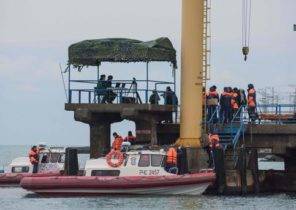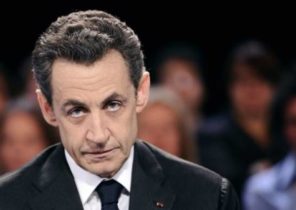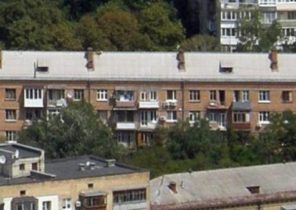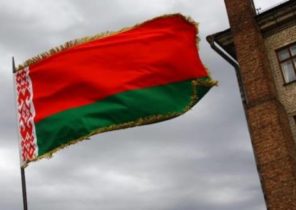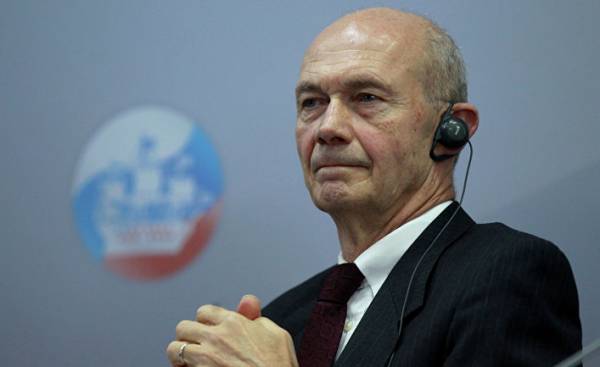
Amid the election trump, the rise of populism in Europe and the increase in the number of “democrator” the future has never looked so uncertain. The head of the Institute of higher studies of national defence Gnesotto Nicole (Nicole Gnesotto) and former President of the WTO, Pascal Lamy (Pascal Lamy) has published a book, “Where rolls the world?” which now looks as relevant as ever.
Libération: adoption of the agreement of SET with Canada is good news for Europe?
Lamy: we are Talking about the latest version of the trade agreement with a country that could be European. Its provisions should allay some of the precautions they feared the consequences of openness to trade. Control negotiations by the European Parliament and the coming to power in Canada’s center-left government have also improved the mechanism of arbitration in case of disagreement on investment. In some ways, we have before us a correct example of globalization.
Nicole Gnesotto: All that prevents a return to protectionism, nationalism, closed economies and societies is good for Europe. Thus, the adoption of SET — wise decision of the European Parliament. Besides, it’s good news for Justin Trudeau, which is the background of Donald trump becomes an epitome of a true leader of the “free world”. Whatever it was, the agreement still must be ratified by all member States. It is therefore possible that a state will refuse to support him once in public today ingrained distrust of such major negotiations. At the same time, the civilian opposition pushed the parties to the amendment and, consequently, to improve the agreement. This suggests that the uncertainty now is of a structural nature in all aspects of the international system, trade, and security policy.
— “Where are we heading to?” This question picks up your book. To the confusion on a planetary scale?
P. L.: Disorder does not mean failure. There are many processes that lead to noma. Was the world a better place 30 years ago?
N. G.: We have seen two failures: Europe and globalization. The promise of enrichment and rapprochement of cultures was not kept. Our book tells about the causes, the forces and dynamics.
P. L.: the Idea of many of the apostles of the EU starts from the principle that economic construction leads to a political one. However, whatever the benefits of economic integration, it is not enough for political integration. In economic terms, Poland is firmly integrated into Europe, but she doesn’t want to do that politically.
N. G.: 30 years ago the world was different. In a small and protected the Western world were guaranteed prosperity and security. Things are different now. Europe represents a kind of microcosm: the power of economic integration on the basis of centuries of tension.
So, we are dealing with globalization, crises, and helplessness…
N. G.: Economic globalization unifies the world. But I think that between the economic globalization and political Union there is an almost insurmountable barrier. Take, for Russia. Political motivation of Putin is stronger than his economic interests: he wants to stay in power and to unite the country around nationalism, not social development. Another example is the United States. Country out of the economic and financial crisis. And at this very moment, the people elect the person who wants to put everything into question.
P. L.: it’s No coincidence that the negative effects of globalization (in fact, it is only another name for capitalism), politically manifested in the United States. Globalization is a historical stage of capitalism, and capitalism in this form is painful, because efficient and effective because painful. And here are more winners than losers: 700 million people worldwide out of poverty.
N. G.: In Africa we see growth without development. This is the tragedy of globalization, which does not cover all States and all sectors of society. People see that the rich are increasing, but on average people poorer.
P. L.: This phase of history reduces poverty everywhere. It increases inequality within countries, but reduces it among States.
N. G.: There is a feeling of powerlessness of power. USA are a perfect example. Since the first war in Iraq, it’s clear that complex political problems can not be solved by military force. Same thing in the economy: economic power by itself cannot adopt all over the world. If the Chinese succeed to prove that an authoritarian government can coexist with the wealth of the population, the Chinese dream can come to the fore, beating us about wealth and democracy.
“Democrature”, that is restricting political freedom of democracy, will become the dominant model?
P. L.: it is not Yet clear whether this short term trend or long term. The past says about the promotion of democracy in parallel with development. An improving economy means more freedom. Emerging from poverty, people become freer and require institutions to ensure that freedom.
N. G.: This is evidenced by Western political science. But I have my doubts. China invents another way. In addition, the question of democracy arises, and we, in old democracies, where nationalist forces could destabilize society.
P. L.: a Problem in the sense of belonging to the community and recognition of its values. The American dream in essence is inequality. The idea that everyone has their chance, formed a dream that made inequality tolerable. But too many disgruntled destroys it. There is a loss of a sense of belonging to the system, which previously was a carrier of common values. Hence, the response to globalization.
N. G.: France is a bubble.
P. L.: the World is the punching bag.
— How to restore faith in the European ideal?
P. L.: There are two options: results or dream. The results suggest socio-economic measures and security issues, because Europeans are terrible. Dream: to represent Europe in the world as the most civilized way to once again make her desirable.
N. G.: Europe should become a global economic and political force, to stop acting as if is the only economic space. Need to represent the citizens narrative, to explain how Europe can make globalization more civilized, to reclaim what they believe to be lost.
P. L.: It also draws on the emotions belonging to the values of freedom, public safety, social security, environment, access to culture.
N. G.: Take the climate. To cope with global warming is meaningless on the level of France. Need much large scale. Although national frameworks are important for identity of people, they are outdated in terms of efficiency. France is a great military power with only 1% of the world population 4% of its GDP. Joint action is more effective than single.
— Now dominant in Europe, the rhetoric is protection, fear of the other…
N. G.: For decades Europe has not wanted to connect to international issues, and now is abstinence puts us on the front line. If we want to take control of migration flows, we need a real European foreign policy. “Europe is ahead, but not the only one!” Pascal thinks that trade softens manners, but I believe otherwise.
P. L.: trump is a return to the middle Ages, Mercantile calculations, the Manager.
N. G.: Trade is not the only power in the world. Do not forget about the passions, the irrational.
P. L.: Trade goes into the opposite direction. Falls only the relationship between increased trade and economic growth.
— How to rethink the regulatory measures in the world inherited from the last century system of governance?
P. L.: With the help of multilateral governance. Rejection of the Westphalian system of the organization. The participation of civil society, businesses and cities have achieved the Paris climate agreement: management, with the participation of a number of forces allows you to find answers for facing the planet complex issues.
N. G.: I’m not opposed to multilateral governance, but if engaging NGOs, civil society and cities, we come to a so complex system that it would not have binding force. In any case, the treaties signed by States.
P. L.: this question I changed my mind. I used to believe in the need for the globalization of local problems. Now I for the localization of global issues.
N. G.: Multistakeholder governance is a necessary but not a sufficient condition. The two powers, Russia and the United States, I want a new Congress of Vienna. But the Congress of Vienna — the First world war!
P. L.: given that between the citizens of course Europe cannot solve all through intimacy. The key problem is the erosion of society. There is no European solution to the problem of erosion of the urban fabric. To restore the faith in Europe, you start with specific things: Erasmus for students of vocational schools, the tripling of the investment programs, recovering the driving force of the Franco-German Duo with the narrative around the European civilization and control over globalization.
— How to achieve this?
N. G.: This schedule is not conducive. Nothing will be done until October 2017, when it will hold elections in France and Germany. On the future leadership of the two countries will form a historical responsibility: it will be necessary to put forward serious proposals for defense and security, with the Americans or without them.
— The onset of populism is connected with austerity policies…
P. L.: Taking all the responsibility for austerity policies that Brussels has made a huge branding mistake. Europe has long nursed with Greece, while its economy has not collapsed, and not everywhere there was a deficit. Then the European Commission has taken on the role of the Scarecrow, which the national government was only too happy at her shift. Need to find a compromise between the General rules and lift through investment.
